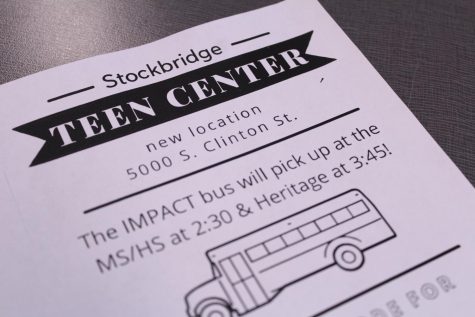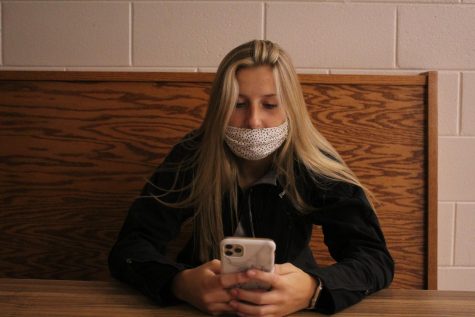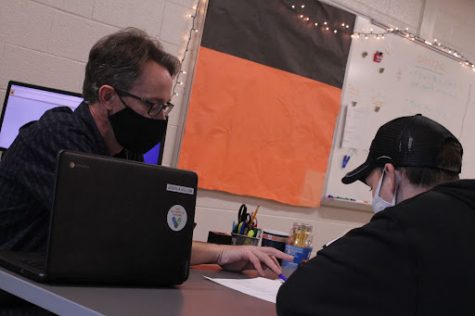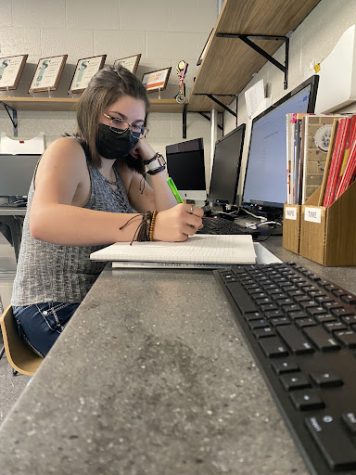Multicultural education at school helps students for their career
Children learn how to behave with others while they grow up. Therefore, it is important that students are educated at school and get to know about different histories, values and beliefs of cultures to help avoid xenophobia or the irrational fear or dislike of people from other countries. These days there is often hate between people with different backgrounds and talking about this problem at school helps students to interact better with different people.
As young children constantly ask their parents about unknown things, a question that may arise is: “Why does that boy look different than normal?” Besides parents, schools are also responsible for children’s inclusion, and, therefore, teachers must first be educated on teaching their students differences in cultures.
Students should learn that cultures are diverse and, thus, conflict can occur. According to a Public Agenda and the National Comprehensive Center for Teacher Quality, 76 percent of new teachers say they were trained to teach an ethnically diverse student body; nevertheless, fewer than four in 10 say they were actually prepared for the challenges they faced.
The foreign-born population in the United States consisted of 40.7 million people in 2012, according to the Center for American Progress. That means there exists a big cultural difference between people. It is normal that people have stereotypes against others. These are learned because people generally have a bad image of an ethnic group they don’t belong to. Nevertheless, it is important to understand this problem and fight it. If schools start covering the topic thoroughly, students will understand their multicultural society and others better and possess the ability to change people’s behaviors. For example, a student who has never spoken to someone with another background before because he was influenced by negative prejudices, may consider his altered thinking false and act without prejudgement. As a result people will interact and treat each other more positively, not only at school, but in everyday life.
In the world today there is xenophobia against immigrants after recent shootings and attacks. It is necessary that children are educated because they are the future and will change the world by having the ability to create a better learning and harmonic environment.
These children are the future.

Natalia is the 10th grade and is a Reporter on the Uncaged Staff. She likes to play soccer. play tennis, and draw.







